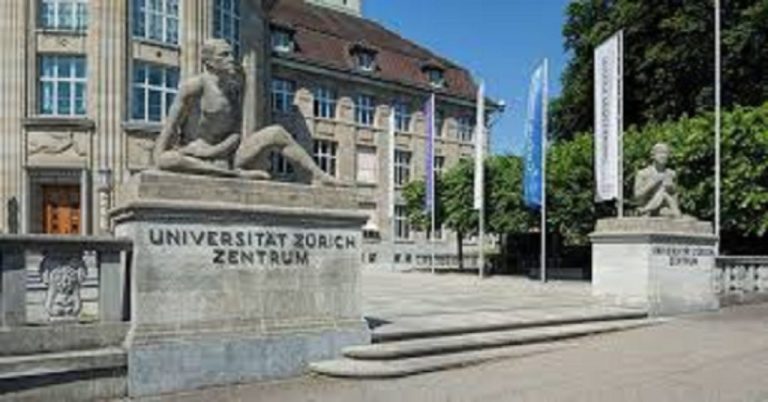In collaboration with The Science in Diplomacy Lab (SiD Lab), the Professorship of International Relations and Data Science is currently seeking a postdoctoral researcher for a one-year position (100%) in a research project led by professors Bouffanais, Schubiger, and Wernli on global governance and gender-based violence.
The position is based at ETH Zurich and is co-supervised by Prof. Livia Schubiger (ETHZ), Prof. Didier Wernli (UNIGE), and Prof. Roland Bouffanais (UNIGE). Selection will start in December 2024.
Project background
The project will explore the evolution of norms related to gender-based violence in resolutions adopted by the United Nations General Assembly (UNGA) and the United Nations Security Council (UNSC) from their creation to nowadays by employing a data science approach. The study will utilize Natural Language Processing (NLP) to systematically extract and analyse relevant language and concepts from the whole corpus of resolutions, tracing the development and shifts in gender-based violence related discourse over time.
Job description
The selected candidate will work in the group of Professor Livia Schubiger at ETHZ, in collaboration with Profs Bouffanais and Wernli at the University of Geneva. The candidate will be expected to conduct research for the project and to pursue their own research agenda. They will rely on a variety of data science techniques to extract and analyse relevant language and concepts from the whole corpus of UN resolutions, and co-author scientific publications with the project team. The project is part of the SiD Lab, in which the candidate will be actively involved. At ETHZ, the successful candidate will be part of a dynamic and growing research group specializing in data science and international relations, with a partiuclar focus on political and gender-based violence.
- For information about Livia Schubiger’s profile, please visit her personal webpage
- The salary conditions can be found here
Profile
We are looking for a highly motivated candidate who can work independently as well as in a team of international scientists. The candidate should have excellent academic qualifications and strong coding and writing skills, as well as the ability to work in a fast-paced interdisciplinary environment.
The successful candidate must have:
- A doctoral degree in computer science or related discipline and an interest in social science questions; or a social science doctoral degree with specialization in data science/computational social science
- Significant experience in natural language processing and relevant coding skills (Python and R)
- Strong analytical and problem-solving skills
- Excellent English communication skills
- Motivation to work in a multidisciplinary and multicultural team
- Ability to work effectively in collaborative settings
Additional expertise in these areas would be additional asset:
- Causal inference, network analysis, time series analysis
Workplace
We offer
- Opportunities for co-authorship of scientific publications
- Numerous benefits and flexible, family-friendly working conditions
- Your career with impact: Become part of ETH Zurich, which not only supports your professional development, but also actively contributes to positive change in society
- We are actively committed to a sustainable and climate-neutral university
- Equal Opportunities and Diversity
chevron_rightWorking, teaching and research at ETH Zurich
We value diversity
In line with our values, ETH Zurich encourages an inclusive culture. We promote equality of opportunity, value diversity and nurture a working and learning environment in which the rights and dignity of all our staff and students are respected. Visit our Equal Opportunities and Diversity website to find out how we ensure a fair and open environment that allows everyone to grow and flourish.
Curious? So are we.
We look forward to receiving your online application by 30 November 2024 with the following documents:
- CV
- Letter of motivation
- Copy of certificates / diplomas
- 2 Letters of recommendation, emailed directly to irds-office@ethz.ch
Please note that we exclusively accept applications submitted through our online application portal. Applications via email or postal services will not be considered. Only recommendation letters are to be submitted via email.
Questions regarding the project should be directed to Professor Dr Livia Schubiger: livia.schubiger@gess.ethz.ch (no recommendation letters or applications).



